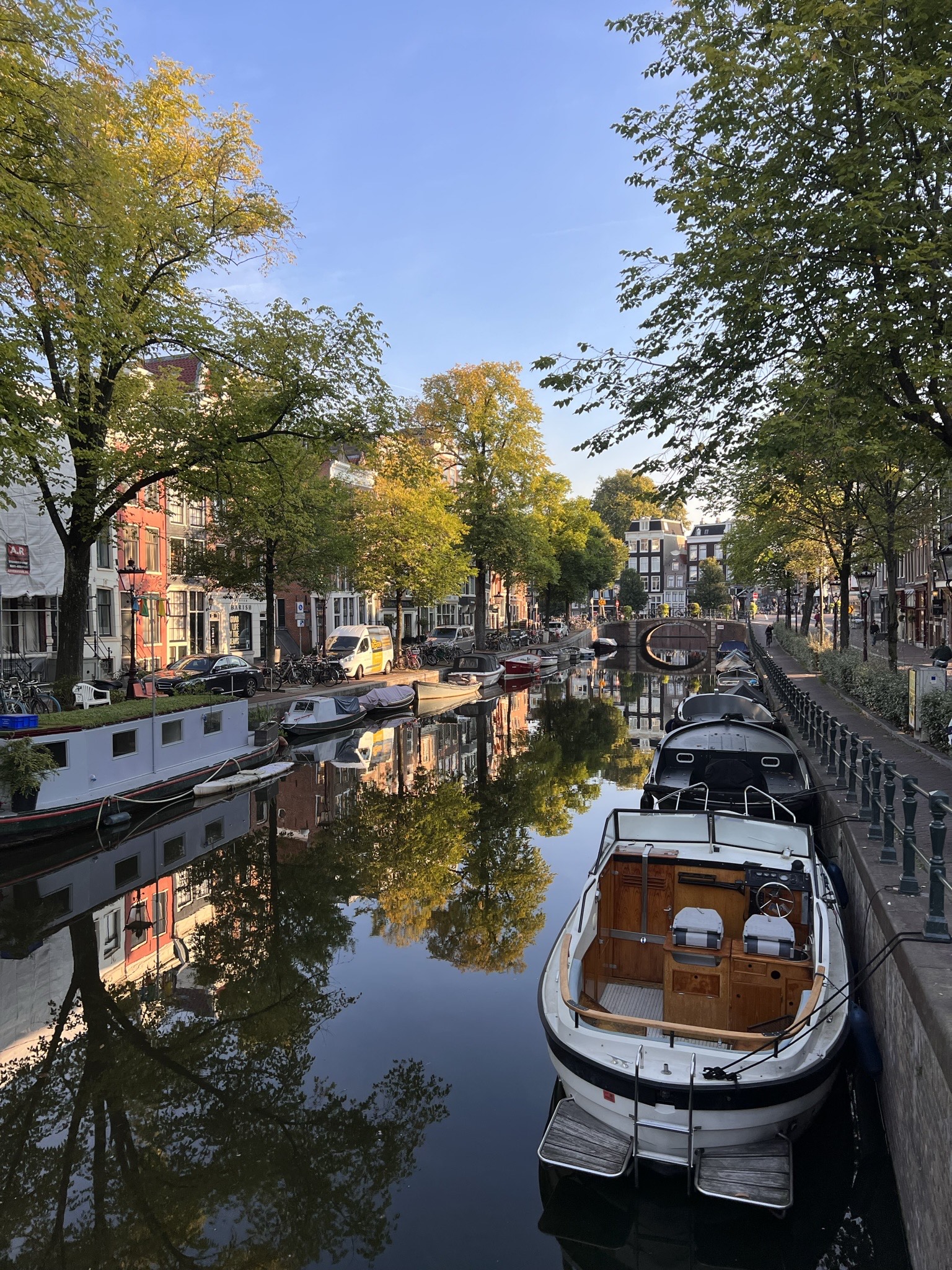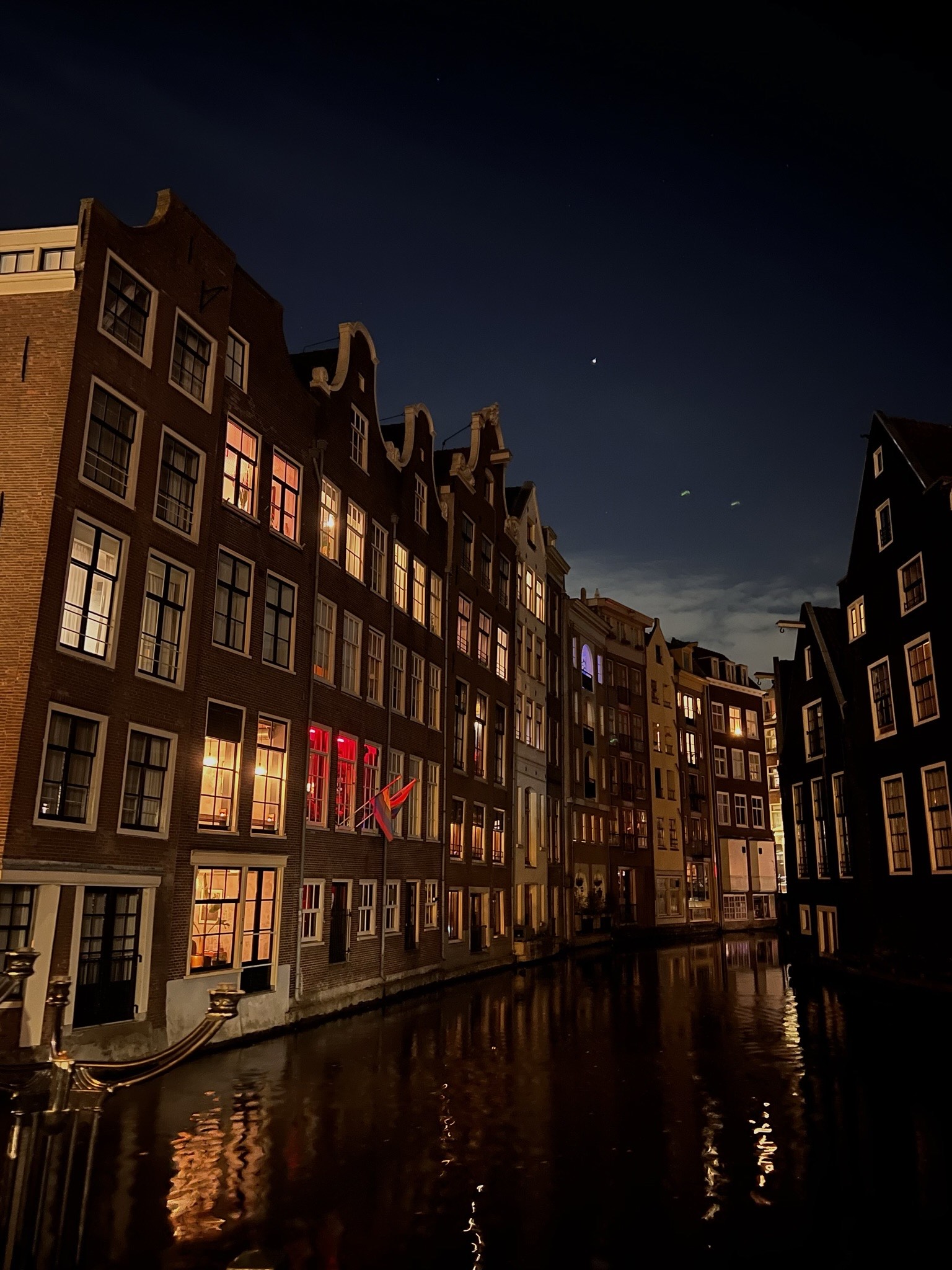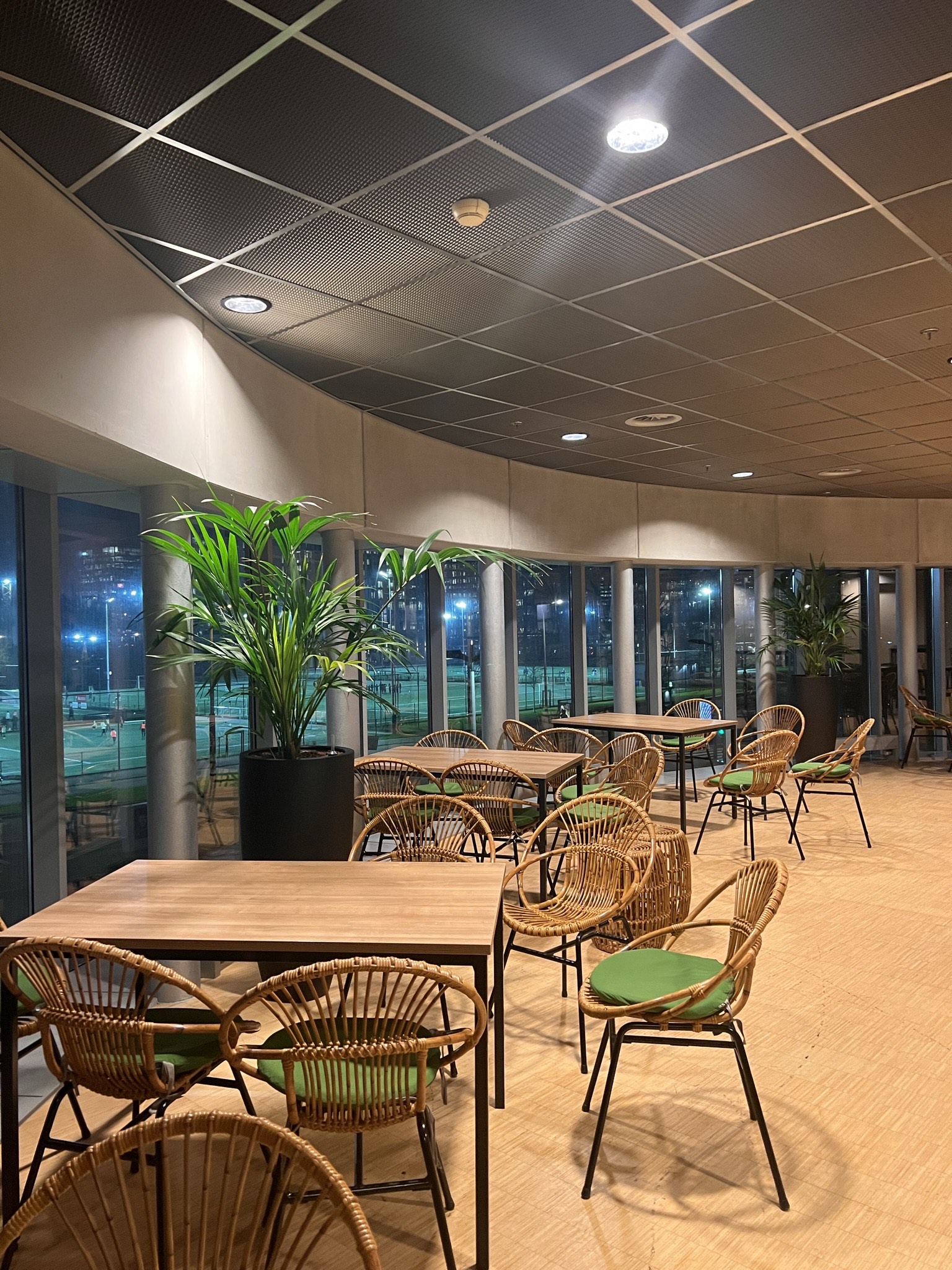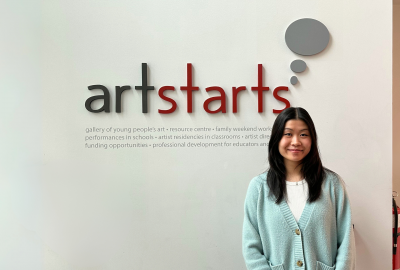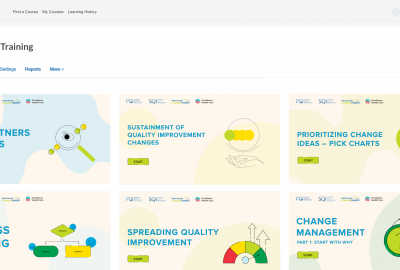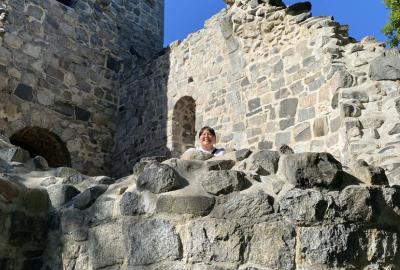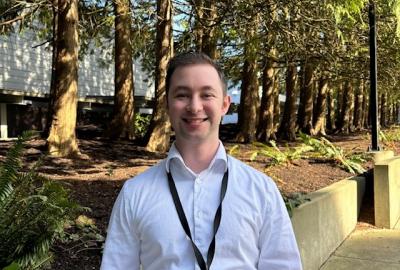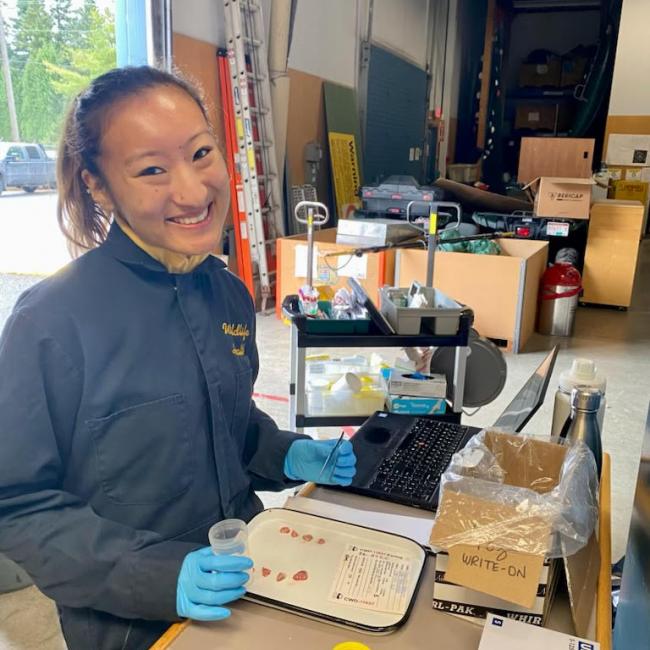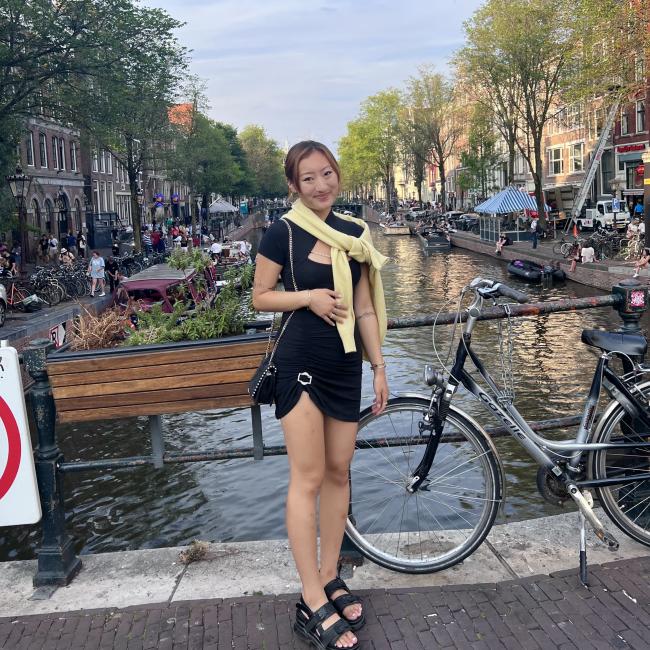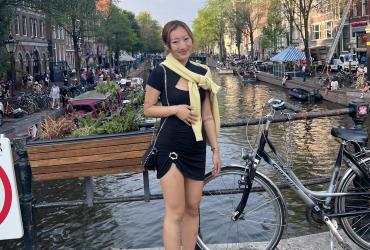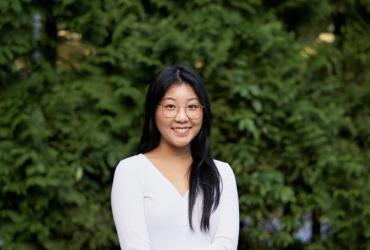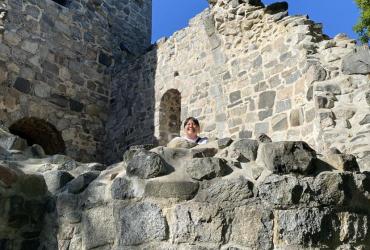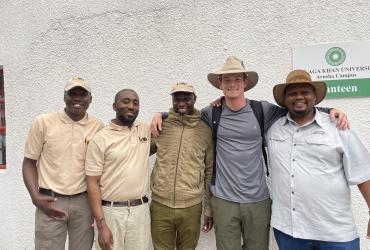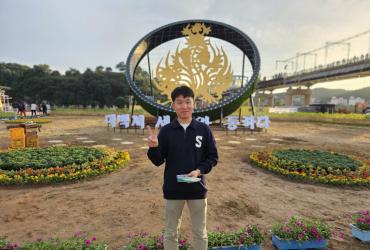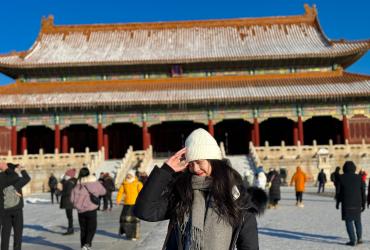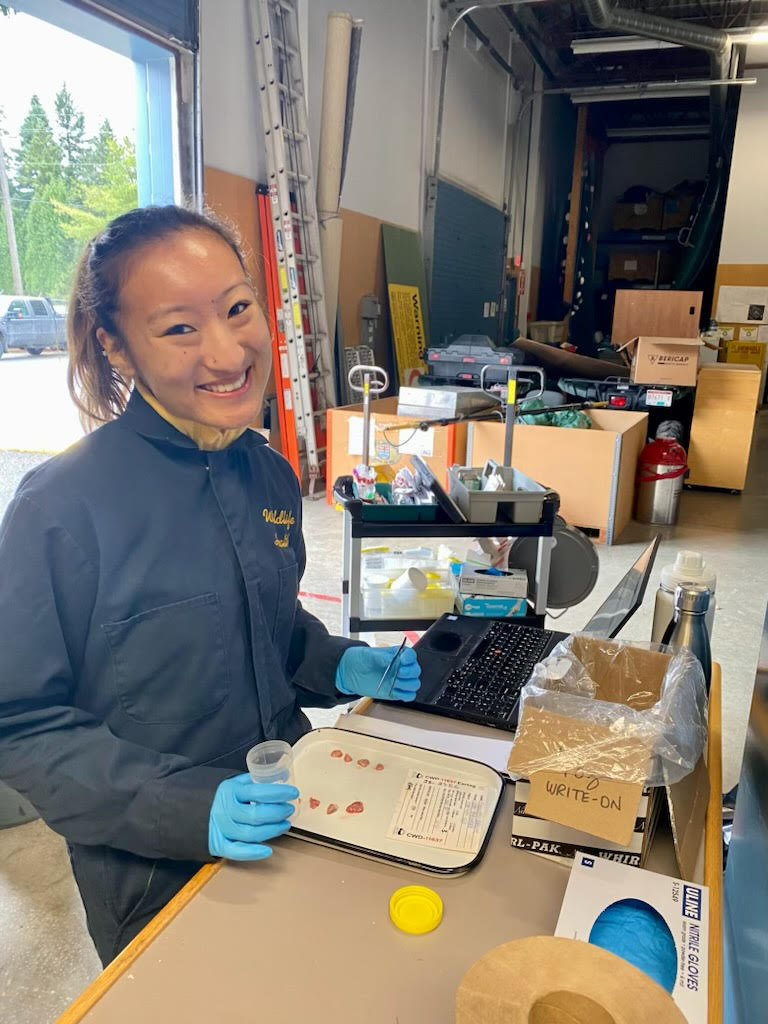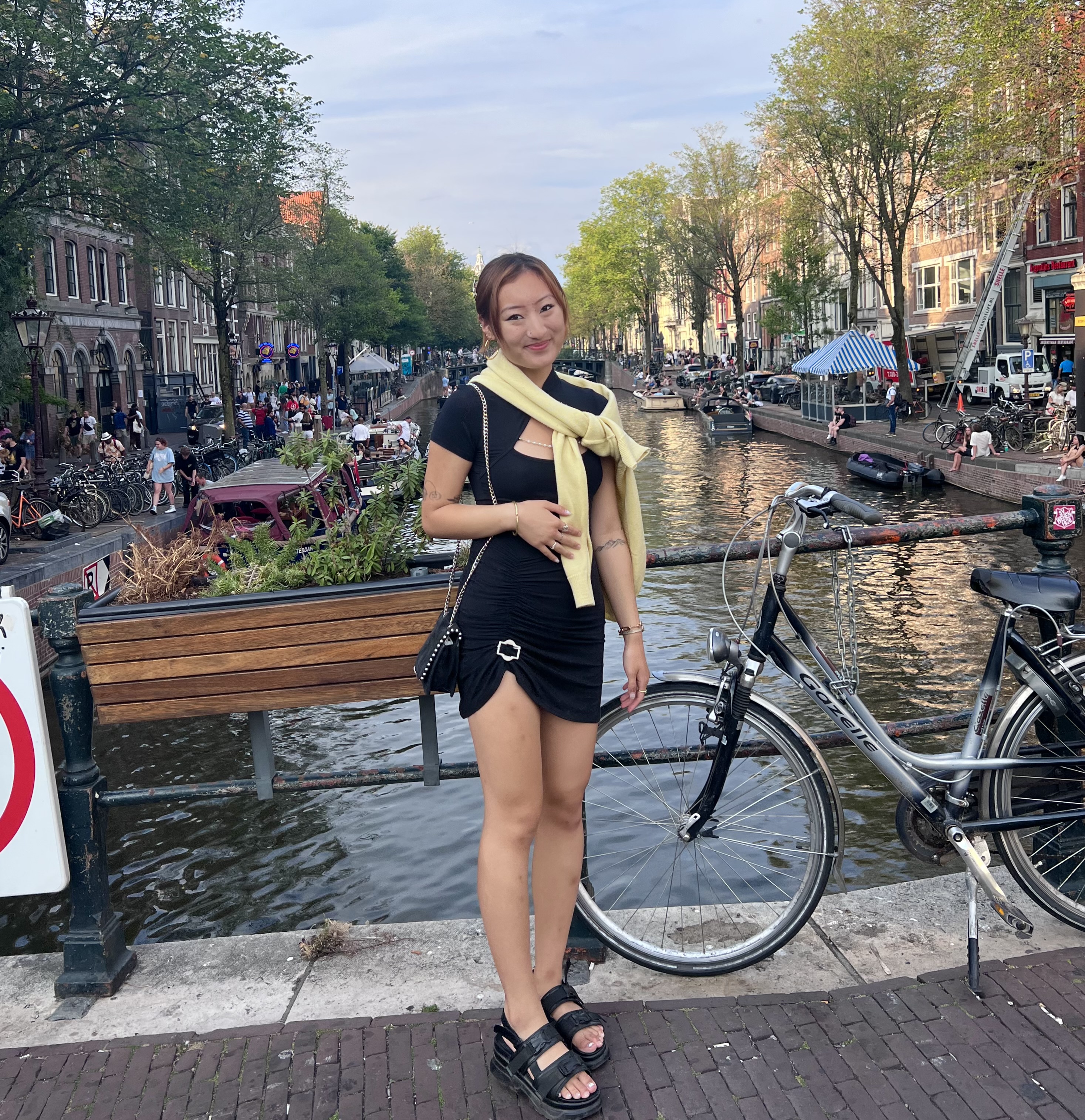Orientation and First Weeks
I did not attend orientation as I could not arrive to Amsterdam so early due to other commitments. If possible, I imagine partaking in orientation is a good idea to get to meet other fellow students and build some friendships early on. When I began at Vrije Universiteit Amsterdam, I did feel lonely and a little isolated not knowing anybody. On the other hand, when I moved from Victoria to Burnaby to start at SFU, I didn't know anybody attending SFU but as someone living on residence at the time, I attended the mandatory orientations for residence students and that's how I made my first friendships at SFU - dear friendships I still have today.
First day: I would plan to arrive with ample time to find where your classroom is. Not to scare you, but I arrived an hour early to Vrije Universiteit Amsterdam campus and that still wasn't enough. None of the staff and the campus helpers (stationed about specifically to help people navigate campus on the first days and answer general questions) seemed to have a clue where my classroom was. Most of them agreed that it sounded like it would be in the Medical building though, as my program is under the Faculty of Medicine. After asking multiple people in the Medical building, eventually someone told me it wasn't on the campus at all, but at the hospital (Amsterdam UMC), about a 5-10min walk down the road. Unfortunately, the receptionist at the hospital didn't know which room it was, either! Eventually I found it, but the point is, it took way longer and was way more difficult to find than I thought, so be prepared.
Accommodation and Living
As I described under "Financial Preparation", finding accomodation in Amsterdam is difficult, stressful, and expensive. Universities in Amsterdam have little student housing available, and as an exchange student, such student housing will probably already be full well before you've even received your acceptance to the university. You're pretty much on your own. A month before your exchange, you'll likely receive an email from your host university telling you if you haven't found accomodation yet, don't come. The reality is, it's extremely difficult to find accomodation in Amsterdam before you get there (and after...). The market is just too competitive. As soon as a room is posted on Kamernet, Pararius, or Facebook marketplace, within 5 minutes, the lister will have probably received messages from 20 people asking to view it that day. As someone looking from abroad, who isn't even in Amsterdam, usually you just can't compete with that. But try your luck, and just keep looking and messaging listings. Ask people if they can do a virtual viewing over video call. Everyone looking for housing in Amsterdam is desperate, and many try to find ways to stand out/be personable by writing a short intro about themselves describing their background, hobbies, work, lifestyle, etc when they message a listing. I'd recommend doing that, as well as posting it to every housing Facebook group you can find which allows it ("Hi everyone, I am looking for a room from ___ to ___. About me: [...]"). This is how I eventually found a room after living in a hostel for 1.5 months - when someone saw one of my Facebook group posts and connected over the fact that I was also a Canadian student, like them, so they offered for me to come see the room.
Things to note:
- Beware of scams! This is super important. There are countless housing scams in Amsterdam. Look online and on Facebook for the ways to avoid getting scammed by looking for housing in Amsterdam.
- Make sure you learn about what registration is and how having or not having it will affect you.
Learning and Adaptation
I studied the Minor in Cancer-Immunity-Personalized Therapies at Vrije Universiteit Amsterdam. It was a small class cohort of 30 students from medical and biomedical backgrounds. We usually had class every day, consisting of mostly lectures, with some labs and practicals. Each day we would have 2-6 short lectures, each 50 minutes long, from different researchers from Amsterdam UMC. Because we had so many short lectures across so many different topics, we covered a ton of different information, which is both great as it is fascinating to learn a broad scope, but also challenging as you must learn a lot of different information. I also found it was generally easy to stay focused and engaged due to the fact we only needed to hold our attention for 50 minutes on one topic before getting a short 5-10 min break and a new lecturer come in. Of course, some topics were heavy and dull and difficult to pay attention to, but this format did help.
The Minor program consisted of two exams, a written assignment, a research paper and presentation, and a couple debates and presentations. The program is graded as pass/fail, and you must pass all of the key components in order to pass the program.
Accomplishments and Challenges
The biggest challenge I faced was the difficulty with housing. It was a very stressful experience to be without a home for so long, not knowing when I'd be able to find one, while attempting to get settled in a new country and keep up with my studies and remote job. I was also surprised by the crowd at the hostels I stayed at: people were not as friendly as I excepted them to be. I think this is largely due to the fact that these hostels were not full of just travelers: they had a lot of other people in the same position as me - recently moved to Amsterdam, unable to find housing, and very stressed. Not everyone was friendly and social. Still, I made some connections at the hostel whom I am still in touch with today. It was very much one of those situations where if you wanted to make connections/friends, you need to put yourself out there and initiate, as most people minded their own business. That's the advice I'd give, as well as: persevere, don't get discouraged. There are good friends to be found, it's just tough out there in Amsterdam sometimes.
I found the Minor program itself challenging. I did not have the medical or biomedical background of the rest of the students, so I am very grateful for the other students for at times, helping explain concepts that were foreign to me. The small cohort size of the Minor was nice as everyone was kind and helpful and there was a feeling of camaraderie.
With that said, making friends at the university was difficult. Making friends in the Netherlands, seems difficult. There's a stereotype that Dutch people stay exclusively in their social circle of friends they've had since birth. I can't say if that's true or not, but a lot of expats end up making friends that are also expats, and few Dutch friends. I made two Dutch friends, which I was very grateful of, for me to learn some perspectives of Amsterdam from the Dutch and local view, not just the view of expats.
Overcoming these challenges was definitely personal growth for me and I am proud of what I was able to accomplish in the time I was in Amsterdam.
Social and Extracurricular Activities
Amsterdam is such a charming, beautiful city: explore it all! The city itself is very small, which makes it extremely walk/bike-able. The views of old Dutch buildings alongside canals is stunningly beautiful and photogenic. There are lots of fun shops and cafes to explore. Getting a Museum Card is a great idea to getting your money's worth in visiting many of the beautiful museums of Amsterdam. Rijksmuseum, Van Gogh Museum, Anne Frank House are world re-known and must-visits. There are tons of other historic and modern museums in Amsterdam that are excellent ways of seeing the culture and art of the city.
One thing I really loved was how there are always things happening in Amsterdam! It's an exciting city full of energy. There is always something going on, some events, so get out and explore!
Joining groups and clubs at the university and elsewhere is an excellent way to make connections and/or get out and about/explore Amsterdam.
ClassPass and OneFit are great flexible memberships that allow you to try out many gyms and fitness centers in Amsterdam. I went to probably 5-6 different kickboxing gyms for free thanks for ClassPass' free trial.
